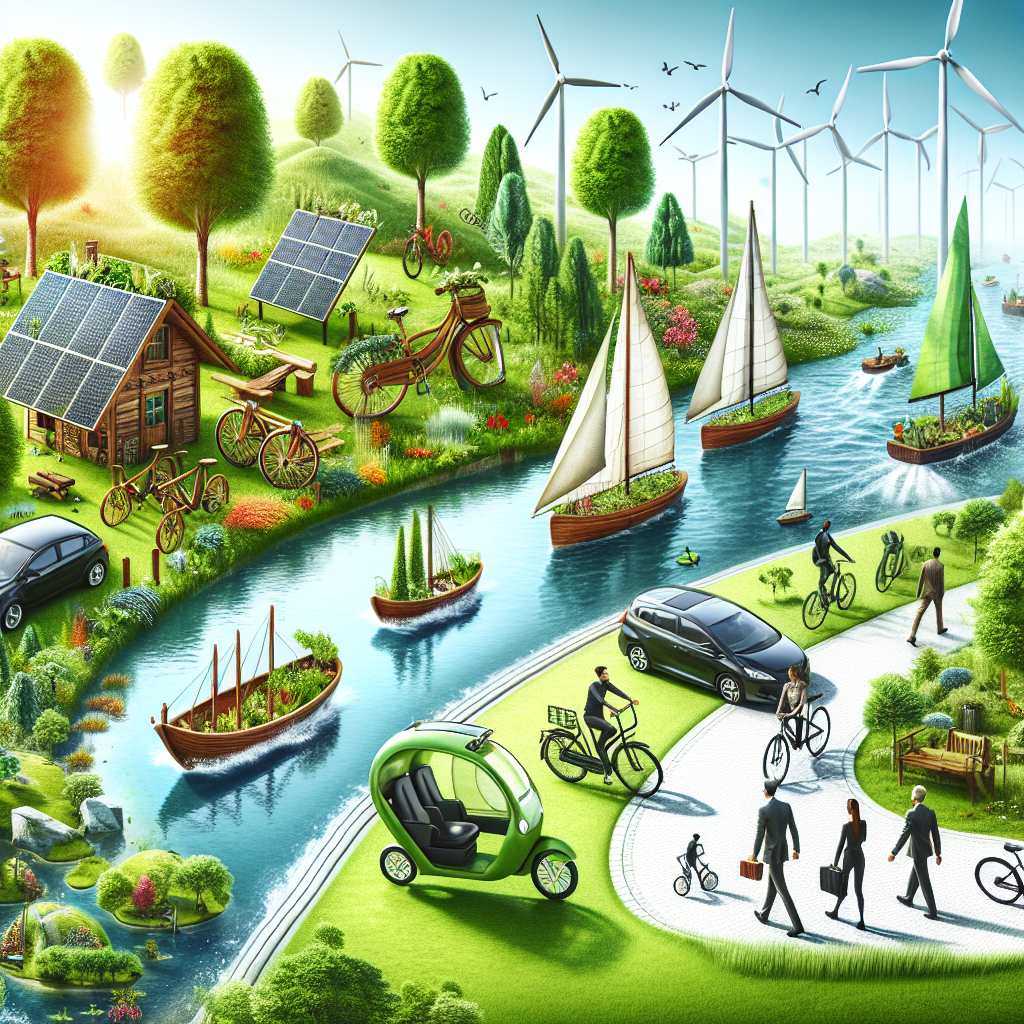As we continue to search for more sustainable travel options, the rise of hydrogen fuel cell vehicles has become an exciting development in the world of green transportation. These eco-friendly vehicles offer a promising solution to reducing carbon emissions and creating a more sustainable future for our planet.
Hydrogen fuel cell vehicles use hydrogen gas to power an electric motor, producing only water vapor and heat as byproducts. This means that they produce zero emissions while driving, making them a much cleaner alternative to traditional gasoline-powered vehicles. In addition, hydrogen fuel is abundant and can be produced using renewable sources such as wind or solar power, further reducing their environmental impact.
One of the key benefits of hydrogen fuel cell vehicles is their fast refueling times. Unlike electric vehicles which can take hours to recharge, hydrogen fuel cell vehicles can be refueled in just a few minutes, making them more convenient for long-distance travel. This makes them a practical option for those who rely on their vehicles for daily commuting or business trips.
Another advantage of hydrogen fuel cell vehicles is their longer range compared to battery-electric vehicles. While electric cars typically have a range of around 200-300 miles per charge, hydrogen fuel cell vehicles can travel up to 400 miles or more on a single tank of hydrogen. This makes them a viable option for drivers who need to cover long distances without worrying about running out of power.
In addition to their environmental benefits and practicality, hydrogen fuel cell vehicles also offer a smooth and quiet driving experience. The electric motor provides instant torque, giving drivers quick acceleration and responsive handling on the road. And because there are no internal combustion engines, these vehicles run quietly without the noise and vibrations associated with traditional cars.
Despite these advantages, there are still some challenges facing the widespread adoption of hydrogen fuel cell vehicles. One major hurdle is the lack of infrastructure for refueling stations. Currently, there are only a limited number of hydrogen filling stations available in select regions, making it difficult for drivers to access this alternative fuel source. However, efforts are underway to expand this infrastructure and make hydrogen refueling more accessible to consumers.
Overall, the future looks bright for hydrogen fuel cell vehicles as we strive towards greener transportation options. With their zero emissions, fast refueling times, long range capabilities, and smooth driving experience, these eco-friendly cars have the potential to revolutionize the way we travel and reduce our carbon footprint on the planet.
So whether you’re looking for a more sustainable mode of transportation or simply want to explore new eco-friendly technologies, consider giving hydrogen fuel cell vehicles a try. With their many benefits and promising future ahead, they could be the key to unlocking a cleaner and greener future for all.

Leave a Reply